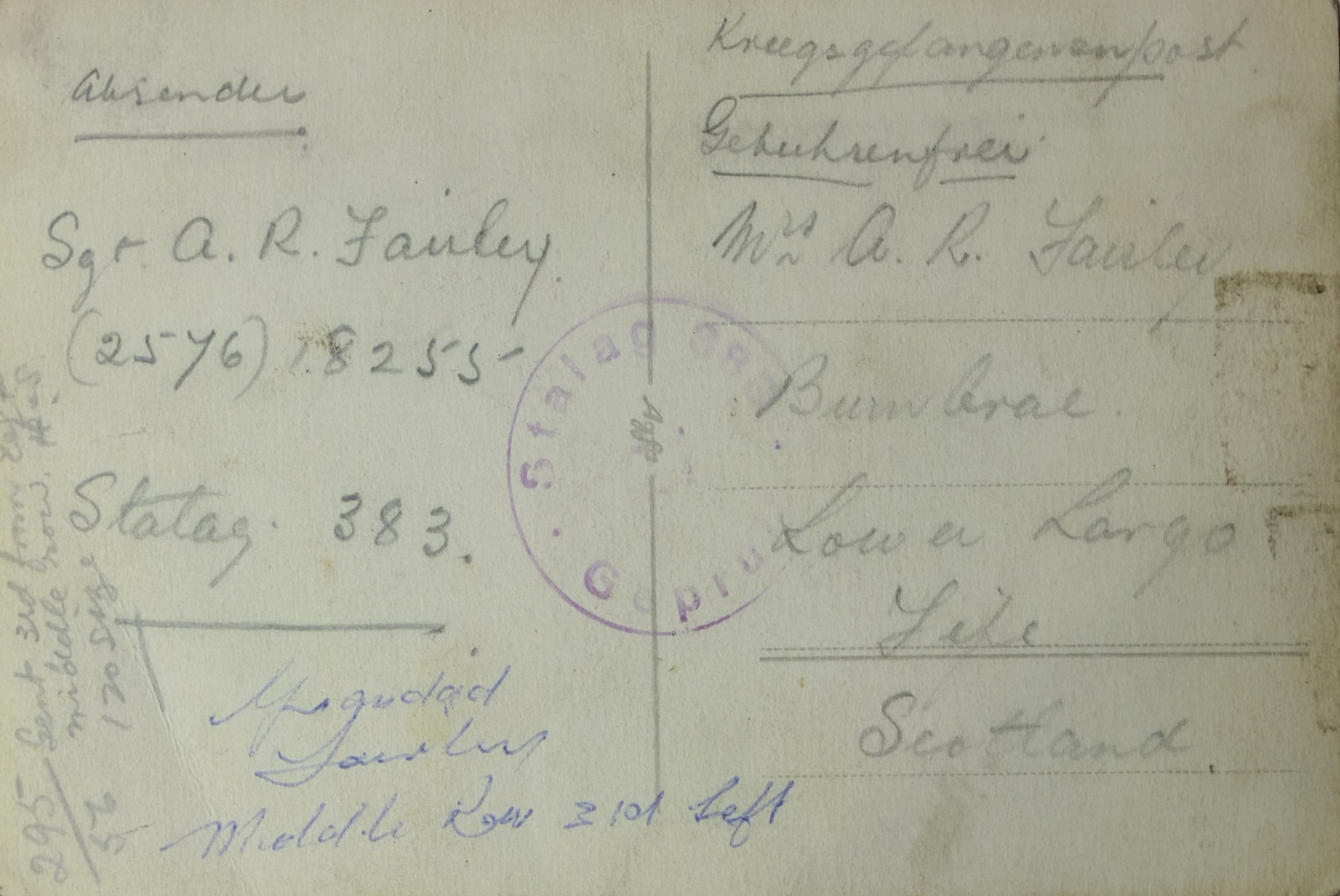Mail was rare, but sometimes letters reached the camp months after being written. He received two letters that changed everything. The first told him that his father had died. Before he had time to remove the black armband he wore in mourning, a second letter arrived to say that his mother had passed away soon after. The news reached him months late, but marked him deeply. Even in the camp, where life had narrowed to survival, grief still found a quiet place.
A Cypriot prisoner once wandered too close to the edge of the camp. Without warning, a guard fired his rifle. The man staggered but did not fall. When he checked his jacket, he found that the bullet had struck the small knife he kept in his breast pocket and ricocheted away. The blade was crushed, but it had stopped the shot from reaching his heart. He kept the ruined knife as a reminder of how chance — or perhaps fate — could decide who lived and who died.
Many men lost faith, and others lost their minds, but Phylactis kept going by thinking of home. When liberation finally came, he felt no joy — only exhaustion and disbelief. Years later, he ended his memoir with the words: “I am proud. Proud that I served. Happy.”
Silence and routine became a way to survive the waiting, to keep hope alive when nothing else could be controlled.
